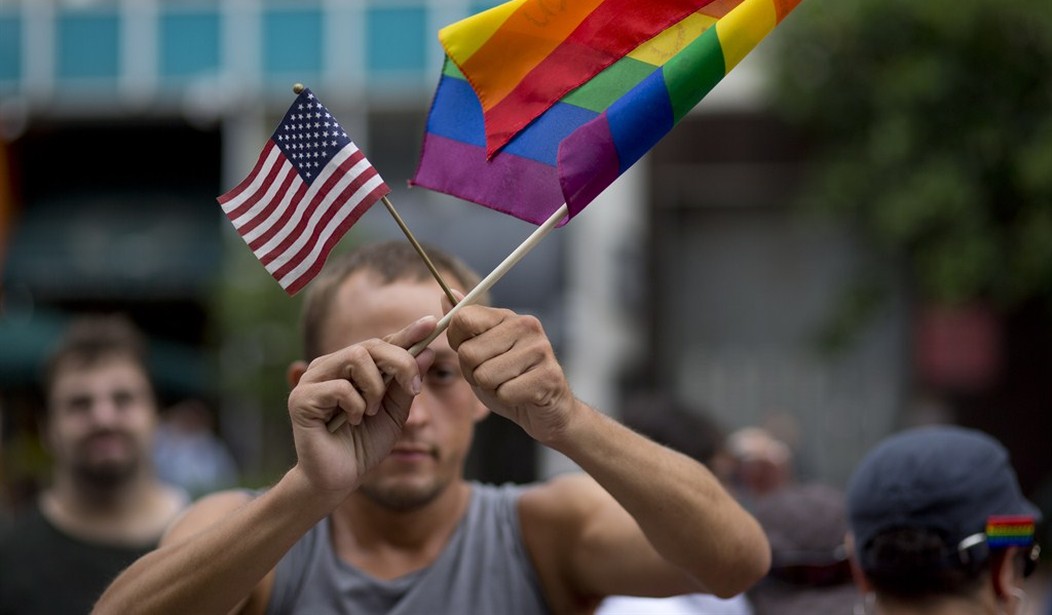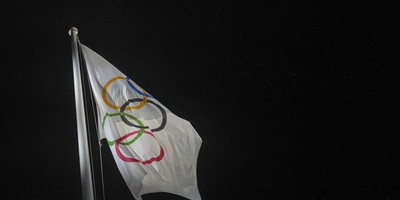Earlier this week, the organizing committee of the New York City St. Patrick’s Day Parade announced it will permit “Out@NBCUniversal” – a group composed of gay NBC employees – to march in its annual parade under an identifying banner. Many will respond to this news with a shrug, as it is common these days to hear of the latest group which has changed its position on homosexuality or marriage. But this development is significant for another reason – the committee was not forced by law to change its position; it voluntarily did so under enormous pressure by LGBT groups and corporate sponsors. Moreover, it did so despite being clearly protected by Supreme Court precedent.
In the 1990’s, the Supreme Court issued an important free speech ruling in Hurley v. Gay, Lesbian, and Bisexual Group of Boston, in which it held that private parade organizers could not be forced to include groups of whose message they did not approve, for this would compel the groups to speak a message against their will and make free speech and freedom of association protections meaningless. The Hurley case dealt with a parade in Boston, but it settled the same issue for the NYC parade. The NYC parade committee is not compelled by law, and is aware it is not compelled, to do what it has now decided to do – include a gay group’s identifying banner in its parade. Nevertheless, it decided to do so anyway.
The committee has attempted to rationalize its decision as an “effort to keep the parade above politics,” claiming it had “diligently worked to keep politics — of any kind — out of the parade in order to preserve it as a single and unified cultural event.” Nevertheless, the committee asserted, these attempts had “[p]aradoxically . . . ended up politicizing the parade.” Actually, it is the insistence of those who want to announce their sexual practices in the course of a parade who have “politicized” it. By giving in to their demands, the committee has made the parade more political than ever.
Recommended
In truth, it’s not “politics” the committee has found itself wading into, but the jaws of cultural police enforcing prevailing moral views – which must be accepted . . . or else. The committee has done what so many others have done in recent years when faced with their heavy hand – confessed the only version of morality acceptable to these “authorities” – approval of homosexual practice. But it didn’t have to. Under Freedom of Association protections contained in the Constitution, the committee has the right to determine what messages are communicated by its parade. Yet it voluntarily relinquished this right. As of several days ago, we have witnessed the final act in a sequence of events constituting clear evidence that cultural pressure can at times surpass legal requirements and cause a group to do that which the law does not require of it.
In 2013, we observed the completion of the same phenomenon within the Boy Scouts organization. Back in 2000, in the Boy Scouts of America v. Dale case, the Supreme Court held that the Boy Scouts were protected by the freedom to associate and did not have to permit homosexual scouts or scout masters. Years later, despite having constitutional protection for their actions, the Scouts reversed course by permitting openly homosexual scouts (while retaining the ban on gay scout masters). Thus, in another high profile situation, a group has ceded its values to cultural pressure despite being clearly protected by the law.
What is the “take away” from such developments? One simple lesson: Social conservatives must not only work for political and judicial victories but also address the beliefs and ideas underlying cultural trends and movements that led to the changing positions of the Boy Scouts, NYC parade committee, and many, many others. Simply put, we do not have the option of ignoring the ideas and philosophies at the roots of these shifts in opinion.
Yes, court decisions and legislative victories matter. The two cases mentioned above are important victories for constitutional rights, and while the Boy Scouts and parade committee may choose to bypass them, others can still rely on them. Court cases and the law must continue to receive attention. Yet court battles can be won, while at the same time the culture can decline and be lost, if we fail to persuade our fellow citizens that the worldview and basic moral convictions we endorse are right in themselves and good for society. It is also imperative to inculcate an understanding of and appreciation for civil liberties generally. The two cases discussed above couldn’t illustrate this point more clearly. Even if all else is won, if in the end our culture’s belief systems are neglected, it is possible that much (or all) of our culture could be lost.
























Join the conversation as a VIP Member